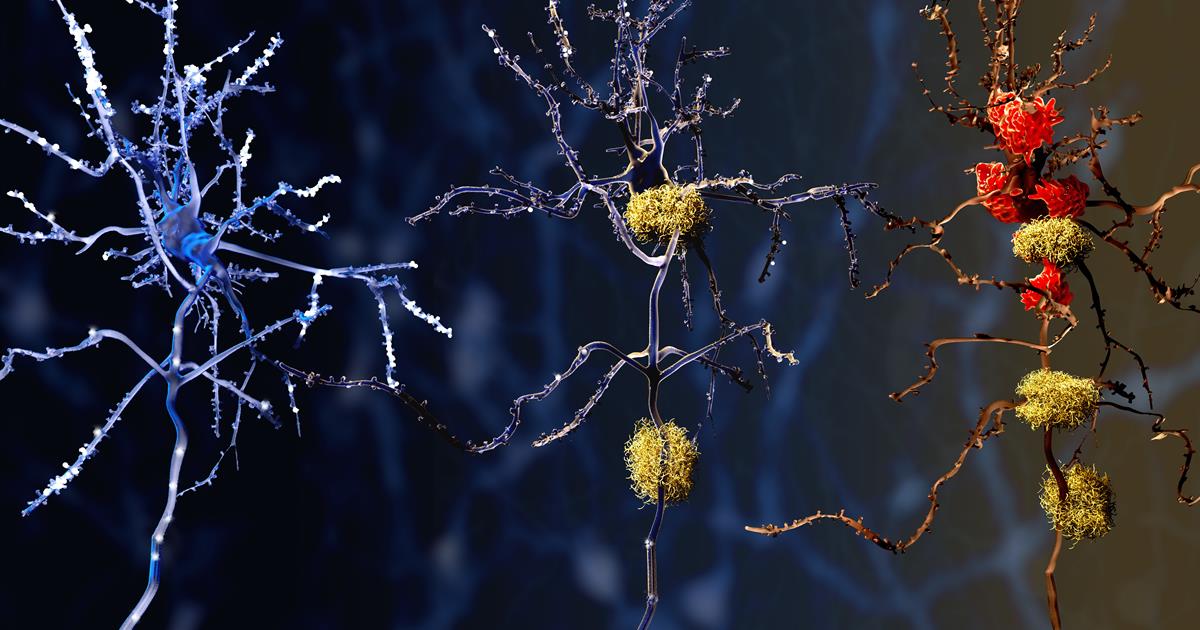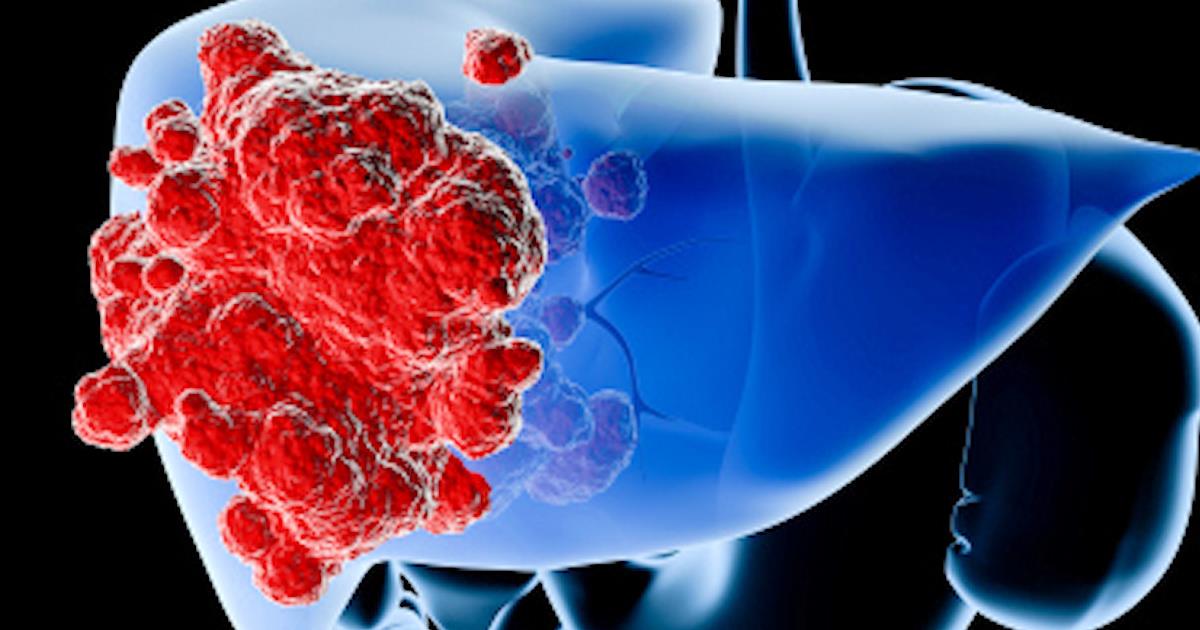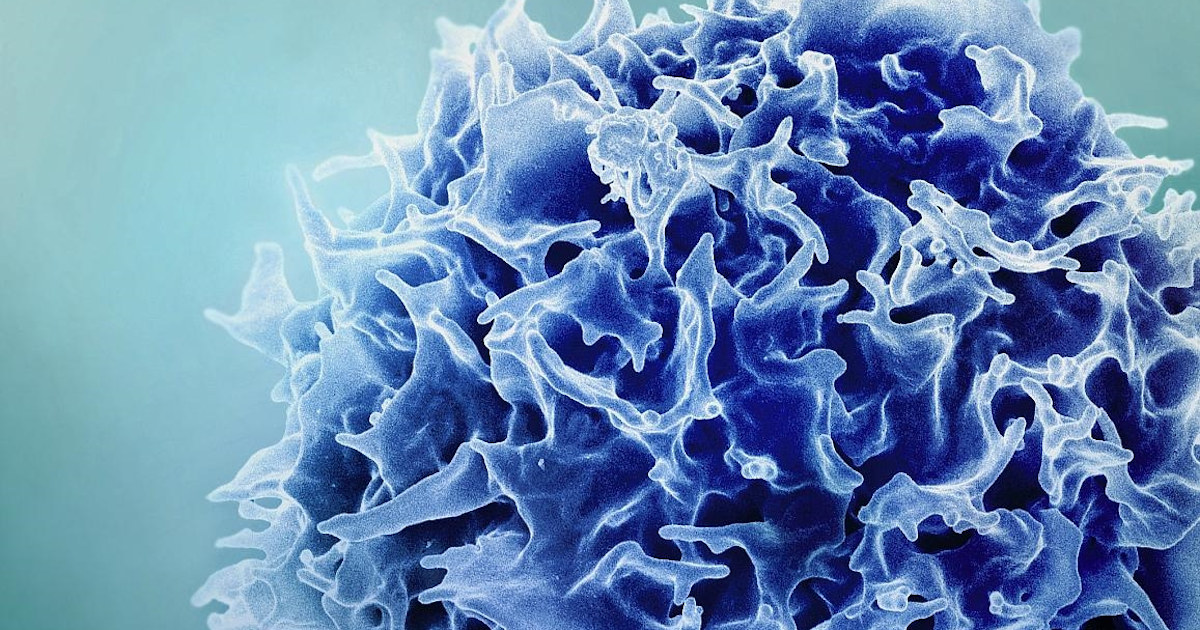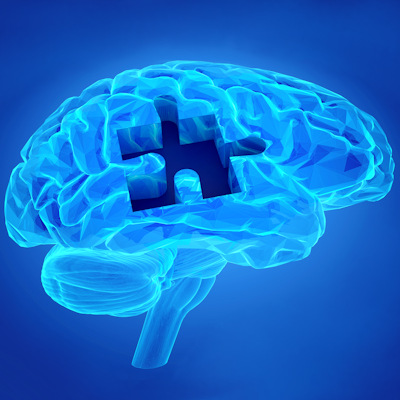 Test may predict Alzheimer’s 3.5 years before diagnosis
Test may predict Alzheimer’s 3.5 years before diagnosis
January 30, 2023 -- King’s College London researchers have developed a blood-based test that could be used to predict the risk of Alzheimer’s disease up to 3.5 years before clinical diagnosis. The study, published January 27 in the journal Brain, indicates that human blood components can affect the formation of new brain cells, a process called neurogenesis. Read More
 Marburg virus vaccine safe in small, first-in-human clinical trial: NIH
Marburg virus vaccine safe in small, first-in-human clinical trial: NIH
January 30, 2023 -- A study published in the Lancet on January 28 shows that an experimental vaccine against Marburg virus (MARV) was safe and induced an immune response in a small, first-in-human clinical trial. Read More
 Research furthers understanding of how cellular waste supercharges immune system
Research furthers understanding of how cellular waste supercharges immune system
August 17, 2022 -- Van Andel Institute researchers have discovered that immune cells are much more flexible than previously thought in selecting the nutrients that fuel their function, including what was previously considered cellular waste. Read More
 New technology reveals how environmental changes affect RNA structure in living cells
New technology reveals how environmental changes affect RNA structure in living cells
August 17, 2022 -- Researchers at the John Innes Centre in the U.K. have developed a new technology that is capable of profiling RNA structure at the resolution of a single molecule in live cells. Read More
 Bruker unveils various new instruments, software at Analytica 2022
Bruker unveils various new instruments, software at Analytica 2022
June 27, 2022 -- Bruker launched various scientific instruments, software, and other products at Analytica 2022, which took place June 21-24 in Munich. Read More
 Berkeley Lights highlights research, products at ESCAT 2022
Berkeley Lights highlights research, products at ESCAT 2022
June 27, 2022 -- Berkeley Lights is participating in the 27th Annual European Society for Animal Cell Technology (ESCAT), June 26-29 in Lisbon, in symposium sessions and by showcasing its products at a vendor booth. Read More
 Multiomics analysis reveals potential opportunity for early intervention in Alzheimer’s
Multiomics analysis reveals potential opportunity for early intervention in Alzheimer’s
August 31, 2022 -- A gene that carries a strong risk for Alzheimer’s disease drives changes in the brain’s blood vessels that lead to problems in synapses and ultimately cognitive dysfunction, according to a study in mice. Read More
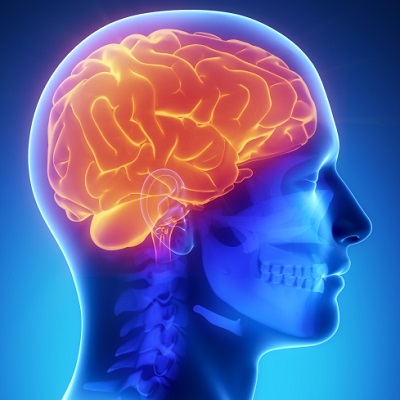 Mice study points to glia cells as potential therapy target for Huntington’s disease
Mice study points to glia cells as potential therapy target for Huntington’s disease
August 31, 2022 -- A mice study by University of Rochester Medical Center researchers has reinforced the potential of targeting glia cells -- important support cells found in the brain -- for the treatment of Huntington’s disease, and possibly outright replacement. Read More

Science In Brief
Conferences
Connect
Latest Tweets





